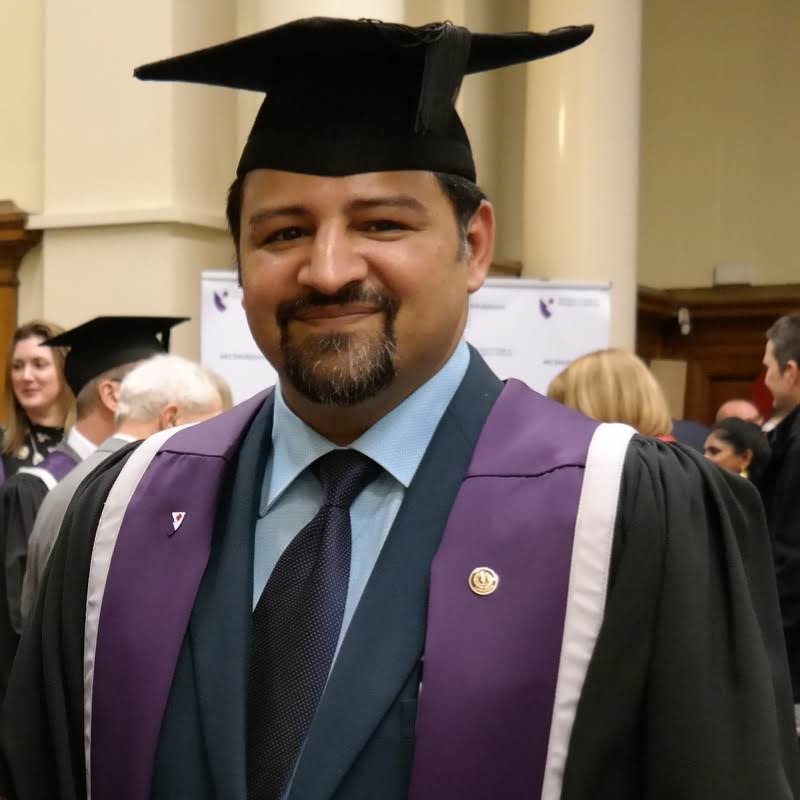News and presentations from today's conference focusing on prioritising high risk medications and high risk patient groups to enable your interventions to have the highest impact on patient care and reduction in patient harm.
The National Medication Safety Programme and Learning from Medication Error Claims
Michelle Stafford
Acting Safety and Learning Lead
NHS Resolution
• the key ambitions of the National Medication Safety Programme
• improving the safe use of anticoagulants, reducing harm from opioid medicines used for chronic pain and reducing avoidable readmissions through improving discharge medication review
• focusing on the most common medications involved in incidents - anticoagulants, opioids, antimicrobials, antidepressants, and anticonvulsants are the most common medications to be implicated in incidents
• learning from claims to reduce medication error
Michelle opened her talk by saying "there were 10,000 claims made for Medication Error claims in 2021 and 2022. 2.5 billion pounds has been paid out"
Michelle continued by saying "Claims are just the tip of the iceberg", "A good reporting culture is so important in any medical team"
When talking about errors Michelle said "It's normally not one persons fault, its usually a system error and we need to look at that"
Discussing what you can do, Michelle said "Support a culture of openess and honesty, create an environment that maximises learning"
At the end of her presentation Michelle shared a slide about saying sorry, with a quote by Helen Vernon, Chief Executive of NHS Resolution which read - "We have never, and will never, refuse cover on a claim because an apology has been given"
Supporting Staff and Families during an Incident
 Dr Immad Qureshi
Dr Immad Qureshi
A&E Consultant
Isle of Wight NHS Trust
• educating and supporting staff regarding investigation processes
• providing effective support to families
• learning from staff and families to improve practice
• PSIRF in practice and implications for incident investigation
• PSIRF in practice and implications for incident investigation
- Dr Immad Qureshi Abstract 0.01 MBDOCXfile
- Dr Immad Qureshi Biography 0.01 MBDOCXfile
- Dr Immad Qureshi Slides 2.18 MBOCTET-STREAMfile
Immad opened his talk by saying "The more open and honest you are with families of patients involved in medical errors, the better the closure will be for them"
He continued by saying "Nobody goes to work to do a bad job or harm patients, but we are humans and errors do happen"
Immad said "At our trust we encourage and praise staff to report errors".
He added "We need to create the right culture in our organisation , we need to work out how errors happened because if you don't it will happen again"
